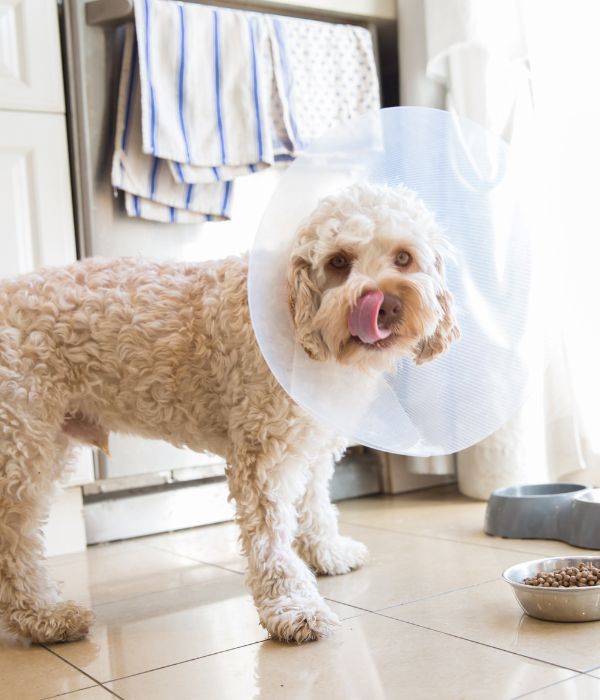Pet General Surgery
When your pet requires surgical intervention, Knox Pet Clinic in Galesburg, IL, is dedicated to providing expert care. Our skilled veterinary team is highly experienced in a range of surgical procedures, performing each under stringent safety standards.
Understanding Pet General Surgery
Surgery can often be the most effective way to treat various injuries and disorders. At Knox Pet Clinic, we offer a comprehensive array of general surgical services to address the diverse needs of your pets. Our veterinary team is experienced in performing both routine and complex surgeries, ensuring your pet receives the highest standard of care.
Benefits of Pet General Surgery
Choosing surgery for your pet can provide numerous benefits, improving their quality of life and addressing serious health concerns. Some key benefits include:
- Effective Treatment: Surgery can directly address and resolve many health issues, providing immediate relief and long-term solutions.
- Pain Relief: Surgical intervention often alleviates chronic pain caused by conditions such as arthritis, injuries, and internal obstructions.
- Improved Mobility: Orthopedic surgeries can restore mobility and function, helping pets lead active and healthy lives.
- Disease Prevention: Procedures like spaying and neutering help prevent certain cancers and reproductive health issues.
- Enhanced Quality of Life: By addressing health problems through surgery, pets can enjoy a better quality of life free from pain and discomfort.
Types of General Surgeries
Our clinic is equipped to perform a variety of surgical procedures, catering to both common and specialized needs. Some of the general surgeries we offer include:
- Eye Surgery: Eye conditions such as cataracts, glaucoma, and eyelid abnormalities can severely impact your pet’s quality of life. Our veterinarians are skilled in performing delicate eye surgeries to restore and preserve vision.
- Orthopedic Surgery: Orthopedic issues such as fractures, ligament tears, and joint problems require precise surgical intervention. We provide comprehensive orthopedic surgery to help pets regain mobility and reduce pain.
- Spay and Neuter: Spaying and neutering are essential for controlling the pet population and preventing certain health issues. These routine surgeries are performed with care to ensure a smooth recovery.
- Dental Surgery: Dental health is crucial for your pet’s overall well-being. We perform extractions, periodontal treatments, and other dental surgeries to address severe dental issues and improve oral health.
- Foreign Body Removal: Pets often ingest foreign objects that can cause obstructions or internal damage. Surgical removal of foreign bodies is critical to prevent further complications and ensure your pet’s safety.
- Tumor Removal: Tumors, whether benign or malignant, need prompt attention. Our team is experienced in removing tumors and providing post-surgical care to support recovery.
- Bladder Stone Removal: Bladder stones can cause significant discomfort and urinary issues. Surgical removal of bladder stones helps alleviate pain and restore normal urinary function.
- Advanced Soft Tissue Procedures: We also perform select advanced soft tissue surgeries, addressing a range of conditions that may affect your pet’s internal organs and tissues.
When to Consider Surgery for Your Pet
Determining when your pet needs surgery can be challenging. Here are some signs and conditions that may indicate the need for surgical intervention:
Persistent Pain or Discomfort
If your pet exhibits ongoing pain, such as limping, vocalizing, or showing signs of discomfort, it may require surgical evaluation.
Injuries
Severe injuries, such as fractures or ligament tears, often necessitate surgical repair to ensure proper healing and function.
Unresolved Medical Conditions
Chronic conditions that do not respond to medical management, such as bladder stones or persistent infections, may require surgical treatment.
Abnormal Growths
The presence of lumps, tumors, or growths should be evaluated by a veterinarian to determine if surgical removal is necessary.
Obstructions
If your pet swallows a foreign object and experiences symptoms like vomiting, lethargy, or abdominal pain, immediate surgical intervention may be required.

